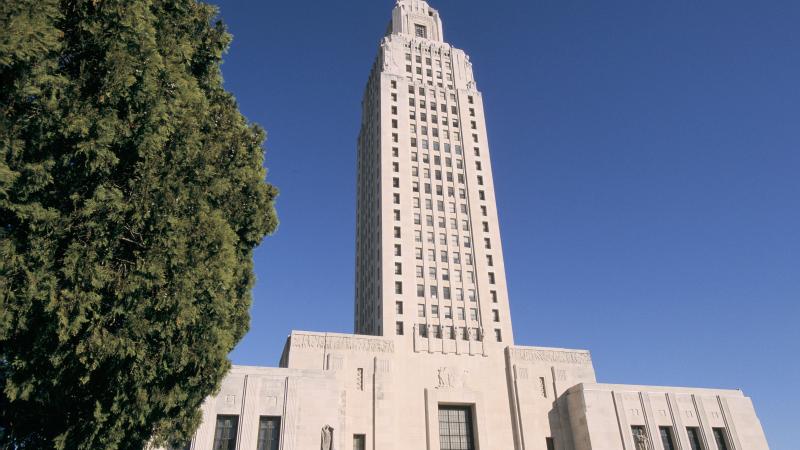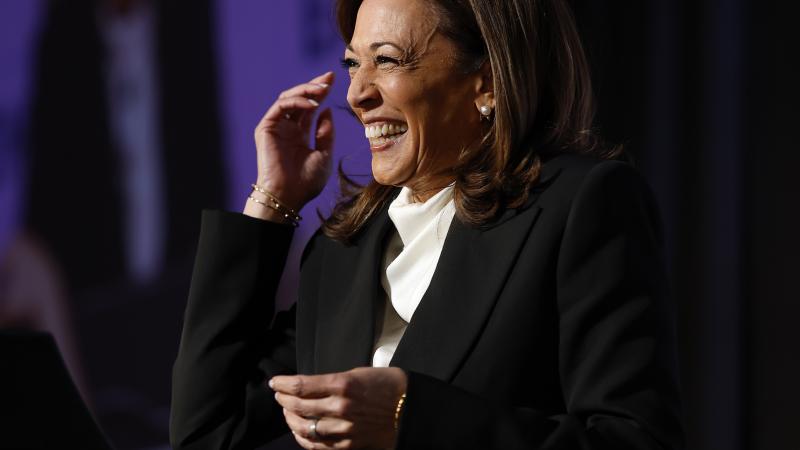Minneapolis is most generous big city in America
LawnStarter report analyzed 13 indicators.
Minneapolis is the United States' most generous big city, according to a LawnStarter report that analyzed 13 indicators. St. Paul ranked seventh.
The Twin Cities tied for the largest share of residents who volunteer (46.3%). In both cities, 60.7% of residents do favors for neighbors; 27.6% do “something positive for the neighborhood; 36.7% participate in local group or organizations; and 62.1% donate at least $25 to charities. Minneapolis has four Little Free Library “sharing boxes” while St. Paul has two.
“Mister Rogers would have had a beautiful day in these neighborhoods,” the report said.
Minneapolis ranked first in individual generosity and 22nd in community generosity while St. Paul ranked fifth in individual generosity and 76th in community generosity.
Minneapolis has 1034.92 nonprofit organizations per 100,000 residents and St. Paul has 872. Minneapolis has two food banks, 57 food pantries, 15 soup kitchens, 13 homeless shelters, five donation centers and four animal shelters. St. Paul has one food bank, 13 food pantries, 10 soup kitchens, one homeless shelter, four donation centers and two animal shelters.
“Time is often more valuable than money – volunteering, especially in the pandemic when many people have stopped their usual volunteering – is vital for many organizations,” University of Southern California Assistant Professor of Public Policy Alexandra Graddy-Reed, co-writer of a report that found that tax credits to incentivize charitable giving do not effectively increase donations, said.
Volunteering can include sharing posts on social media, giving blood, and offering skills, she said. She recommended vetting charities by volunteering with the organization first to confirm they are well run. Reviewing the charities’ Form 990s to the IRS, their websites and their reviews on sites like Charity Navigator can also provide insight into operations, she said.
She said that local governments that have tried crowd funding for local projects have found some success. Service days and food or toy drives are other options.
Our Lady of the Lake University Worden School of Social Services Professor Mo Cuevas said reductions in the amount of money people can deduct deter donations and that local governments could help facilitate the community’s awareness of needs and how to give.
“Through a website dedicated to the issues at hand, or a media campaign that focuses on the highest need areas, the local governments can present issues to the community and suggest ways for community members to participate in the resolution of these concerns,” she said.
The report also found that bigger cities tended to have higher rankings compared with smaller and mid-size cities.
“That’s because big cities tend to focus on maximizing their collective impact more than their individual contributions,” the report said.
New York, Chicago and Los Angeles had the highest Community Generosity metrics. The least generous city was Hialeah, Fla., according to the report.














